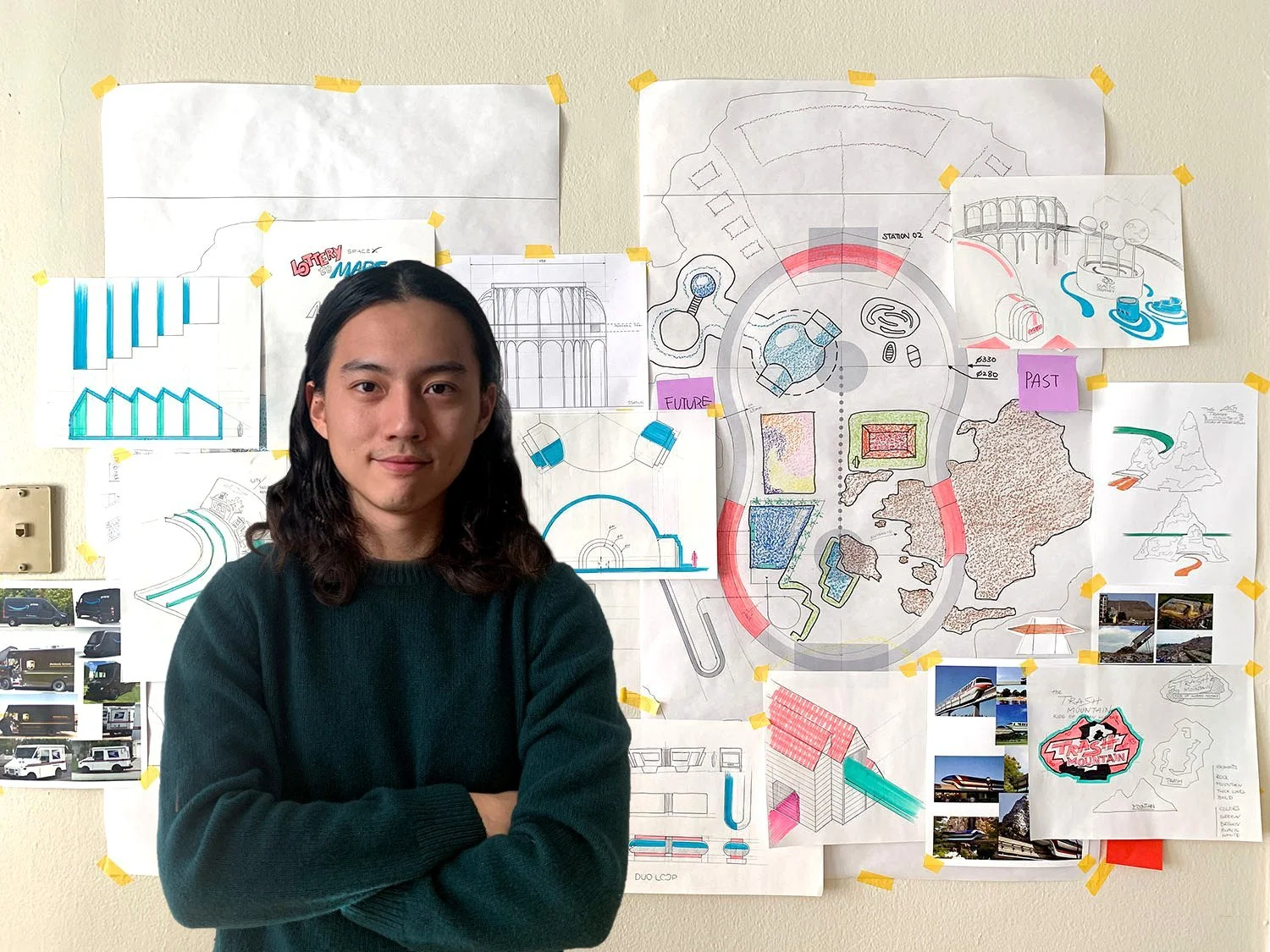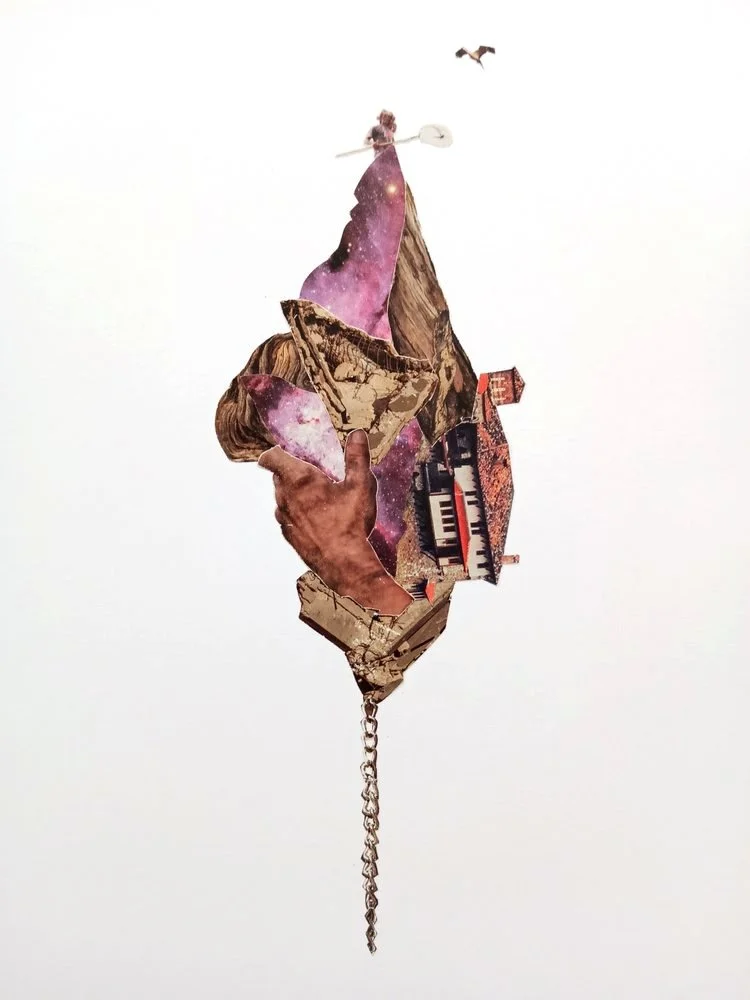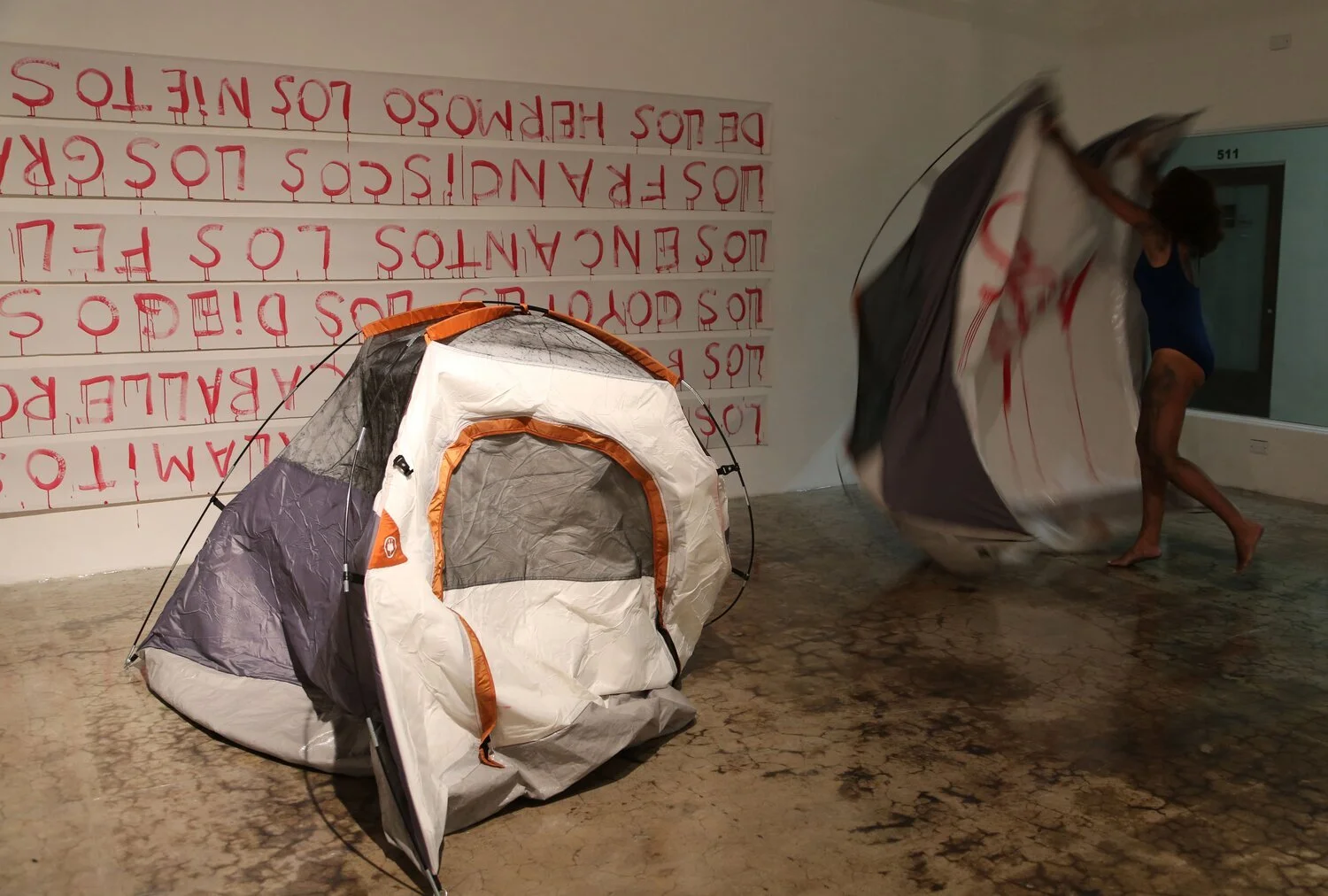10 Questions with Rio Chen
AL-TIBA9 ART MAGAZINE ISSUE11 | FEATURED ARTIST
Rio Chen communicates through objects, graphics, and casual conversation. He focuses on social-political contents that address ethical concerns, SpicyPop culture in contemporary art, and design practice. He advocates the use of local and regional political language in design via organizing the workshop series Satellite Project and the social media platform randr. He holds a Bachelor’s degree in Industrial Design from Taiwan Tech and a Master’s degree in Design Objects from the School of the Art Institute of Chicago.
Rio Chen - Portrait
ARTIST STATEMENT
Rio Chen’s works tend to exist in the gray area hovering between imagination and reality, as he sees things on both sides and believes that not all things are completely black or white. From both materiality and methodology of making crafts and design, his projects often challenge the stereotypes of common sense. His designed objects often take the shape of urban planning and architectural forms. He often refers to objects as tiny buildings, and it is the scale that breaks the preconceived notions of how we experience a space or an object.
Throughout the years, he has developed a theme called SpicyPop, an approach to criticizing popular culture in a way as easy and accessible as pop culture itself. Both Satellite Project and randr aim to bring the discussion of design in societal issues and regional politics to the center of the spotlight. Satellite Project and randr research institute are set to promote the use of political language in design as well as provide educational resources and a platform for like-minded designers to exchange ideas.
The Last Tomorrowland, Trash and resin, 48x60x20 inches, 2021 © Rio Chen
INTERVIEW
First of all, introduce yourself to our readers. Could you tell us a little more about your background and how did you begin making art?
Greetings, readers of Al-Tiba9! I am currently residing in New York and am originally from Taiwan. I began building paper models of mobile phones when I was ten years old and have never abandoned the road of design and object creation since then. I perceive objects as miniature buildings and vice versa. After graduating from the School of the Art Institute of Chicago with a master’s degree, I began researching political language in design. I am a founding member of randr research and the curator of the Satellite Project now.
How would you define yourself as an artist? And what makes you unique?
I see myself as a communicator. Since my work, regardless of whether it falls under the design or art disciplines, contributes to the larger concept of the communication that occurs between the audience and myself. The disciplines of my work are relatability and accessibility, and I would want to share with the public the information and research I am accumulating as a creator. Sometimes conversations are more effective than the creation of physical objects!
Trash Mountain (The Last Tomorrowland), Trash and resin, 48x60x20 inches, 2021 © Rio Chen
Hand Drawings of The Last Tomorrowland, Ink on paper, various dimensions, 2021 © Rio Chen
You work with design, mostly through objects and graphics. Can you guide us through your creative process?
Drawings by hand have been the most important aspect of my creative process. Everything, from product to architectural design, begins with detailed technical drawings. Drawing is a means via which I may communicate with myself—understanding the rationale behind particulars and whether or not they cause manufacturing issues.
How much planning goes into each work, and where do you find inspiration?
In order to create a persuasive and engaging project, it is necessary to conduct extensive research before making any decisions. As a creator and researcher, I have been attempting to strike a balance between being approachable and comprehensible while remaining educational. No matter what type of work you create, you will ultimately show it to the public. I am motivated by the societal problems caused by the current march of economic developments, business exploitation, and capitalism.
Satellite Tower, Acrylic on paper, 8.5x11 inches, 2022 © Rio Chen
In your statement, you quote social-political content and political language as part of your work and inspiration. How do you work on these elements and incorporate them into your work?
I consider political design to be a philosophical influence that stands outside of design approaches and outputs. The political language and mindsets are present in the design process and in every decision made by designers. Take speculative design as an example: it would be exceedingly perilous to predict a future scenario without taking into account present policy frameworks and future-possible trends in order to prevent catastrophic events. By discussing thoughts and topics that are underrepresented, I hope to provide the audience with alternate viewpoints. I cannot decide what you must do, but I can offer you the possibilities for making a change.
Your design mixes pop colors and references with an almost vintage look. What messages would you like to convey with your art?
My works are influenced by the ambitious Space Age and controversial Postmodernism eras, which explains why I chose popular culture as the critical language narrative in the world of my designed objects. The choice of colors for my objects and graphics conveys the same concept of utilizing historical images to depict present societal challenges. (As is commonly said about the good old days.)
World of Burgers, Fabric and resin, 18x18 inches, 2021 © Rio Chen
Ultimate Happiness, Silicone, paper, and polypropylene, various dimension various, 2020 © Rio Chen
Let’s talk about SpicyPop. Can you tell us more about it? And how do you work on this theme?
SpicyPop is a method for criticizing pop culture that is as simple and approachable as pop culture itself. It is dry and uninteresting to constantly discuss the wrongdoings of large corporations and the political system. Pop culture provides me the freedom to sugarcoat the bitter reality about these social ills, but its spiciness symbolizes the harshly critical flip side of the same coin. We are all aware that fast food is unhealthy, but we continue to consume it anyway.
What do you think of the art world and market? Do you feel like the past couple of years have had a long-lasting impact on it? And where do you position yourself in this world?
As I desired to become a designer of consumer electrical gadgets at the beginning of the smartphone market’s explosive growth, the modern art world and market are in a perpetual state of flux and evolution. Despite the current plunge in cryptocurrency and NFT markets, I believe the digital art market will continue to grow. Nonetheless, as designers of physical objects, we should commit to making the physical experience safer for creators and audiences so that they have the freedom to explore their common ground.
Stadium Series, Resin, 4x4x1.65 inches, 2021 © Rio Chen
What do you hope to accomplish this year, both in career goals and personal life?
This year’s greatest obstacle is the launch of the Public Talk Program for Satellite Project. Talented designers and researchers of the Ambiguous Standards Institute, Avsar Gunipar, and Cansu Curgen, are joining us, advancing the issues based on the public’s perception of safety and surveillance in the context of the current design trend and societal challenges. I wish to bring these conversations (in design and creative processes) out of our comfort zone and to a wider audience.
Finally, what are you working on right now? Anything exciting you would like to tell our readers about?
I am now working on curating the online exhibition and public discussion program for the May/June 2022 launch of the Satellite Project workshop. I founded randr research and Satellite Project a year ago to promote the use of political language in design and to provide educational resources and a platform for designers to share their thoughts. This year, designers and artists from the United States, Pakistan, China, Taiwan, and Italy will discuss how local politics affects the public’s sense of safety and surveillance awareness.

























